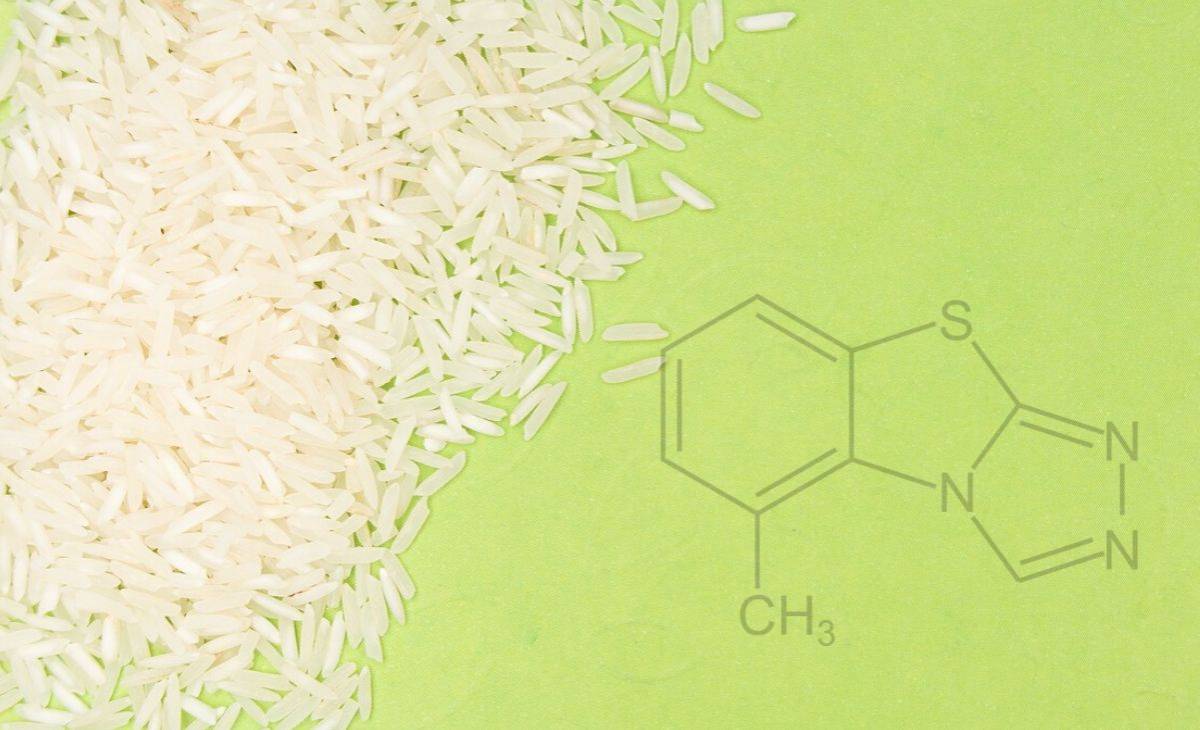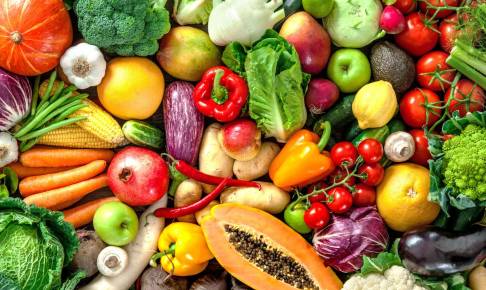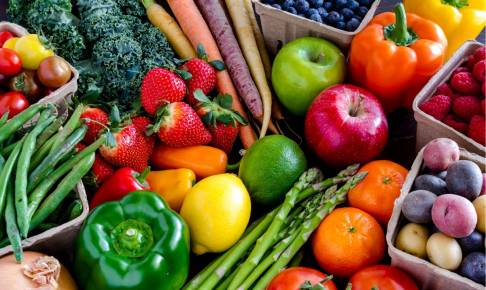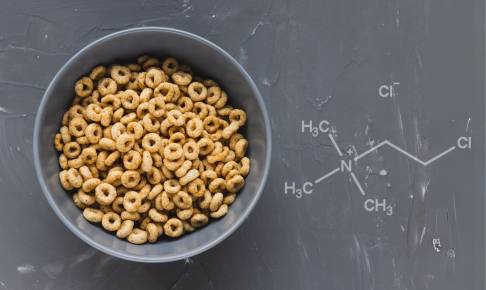Pesticides in imported rice: EU Parliament rejects proposal to increase tricyclazole limits
The European Parliament's Environment Committee, supported by a substantial majority, has recently called on the EU Commission to withdraw its proposal to raise the limits of tricyclazole, a pesticide banned within the European Union since 2016 due to potential risks to human health, but widely used by major rice-producing countries in Asia and South America.
The decision by the European Parliament's Environment Committee comes as a response to the proposal made by the European Commission to increase the limits of tricyclazole in imported rice, from 0.01 mg/kg to 0.09 mg/kg. Although rejected by the Standing Committee on Plants, Animals, Food and Feed, the proposal has not yet been retracted, prompting the Environment Committee to intervene.
The Environment Committee of the European Parliament argues that the proposed measure fails to uphold commitments aimed at ensuring fair competition and robust consumer safety standards in the European Union market. Implementing such a measure could potentially introduce trade barriers or disruptions, adversely affecting both consumers and agricultural stakeholders.
Considering that Italy is the leading contributor (50%) of the EU's total rice production, Coldiretti, the Italian farmers' association, emphasizes the significance of opposing tricyclazole in rice as an initial step toward upholding the principle of reciprocity in Europe. This principle aims to ensure that all food products entering European borders adhere to uniform criteria, guaranteeing shared standards of quality concerning the environment, labor, and health.
The rejection of the proposal to increase tricyclazole limits in rice by the European Parliament's Environment Committee is a significant step toward maintaining consumer safety and fair competition.
Sources:






















